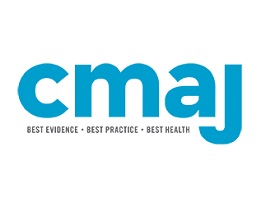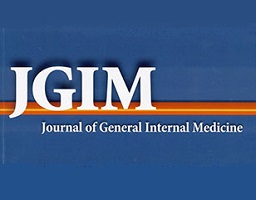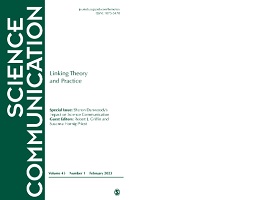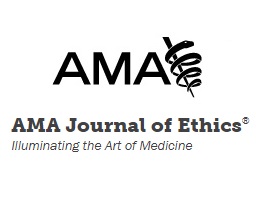Key Points
- Specialty bias and fee-for-service conflicts of interest threaten the validity of clinical practice guidelines and may lead to overdiagnosis, overtreatment and increasing health care costs.
- Clinical practice guidelines issued by medical specialty societies in North America frequently call for greater use of health care services linked to their specialties and are often at odds with European guidelines and those of independent North American organizations.
- Clinical practice guideline panels should be multidisciplinary in composition, independent of the governing bodies of medical specialty societies, and strive to reduce fee-for-service conflicts of interest.






